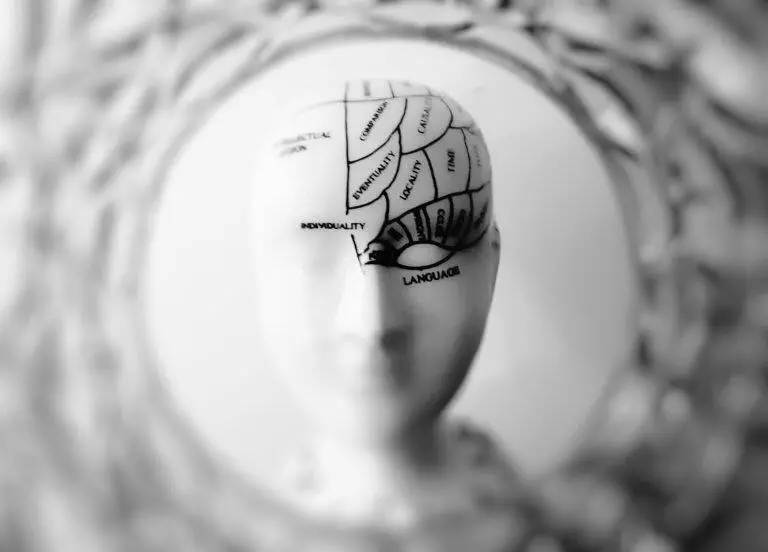One of the primary challenges clients in codependency recovery confront is the tendency to revert to codependent behaviors and patterns. The key to successful recovery from codependency is maintaining consistent and balanced responses to these tendencies. Our codependency treatment program specifically targets the recognition of codependent issues, providing a roadmap for lasting positive change and independence.
What Exactly is Codependency?
Codependency is a relational pattern where one person becomes overly dependent on another to fulfill their emotional and self-worth needs. It’s like a dance where one partner continuously leans on the other, fearing they might fall if left to stand alone. While it’s natural to seek support from loved ones, codependency magnifies this reliance to an extreme level. Those who exhibit codependent behaviors often put the needs of others before their own, sacrificing their well-being, and always seeking validation from external sources.
According to Jonathan Becker, an associate professor of clinical psychiatry at Vanderbilt University,
“Codependency is typically discussed in the context of substance use, where one person is abusing the substance, and he or she depends on the other person to supply money, food, or shelter. But Codependency is much broader than that. Codependency can be defined as any relationship in which two people become so invested in each other that they cannot function independently anymore. Your mood, happiness, and identity are defined by the other person. In a codependent relationship, there is usually one person who is more passive and cannot make decisions for themselves and a more dominant personality who gets some reward and satisfaction from controlling the other person and making decisions about how they will live.”
Codependency is a behavior that often originates in childhood. It can be nurtured in environments where emotions were not openly discussed, households with inconsistent care, or those impacted by addiction or chronic illnesses. Over time, individuals may suffer from low self-worth, an intense need for approval, or even a paralyzing fear of abandonment. Codependency can manifest in various relationships, from friendships to familial ties and even in professional environments. The recurring theme is an ongoing imbalance in which the codependent person perpetually seeks validation and support. Meanwhile, their counterpart might either lean heavily on this dynamic or exploit it, perpetuating a cycle that’s difficult to interrupt. Recognizable signs include difficulty establishing personal boundaries, an inclination to remain in harmful situations, and an overwhelming sense of responsibility for the feelings and actions of others. Recognizing and understanding codependency is a critical first step toward fostering healthier, more balanced relationships, and it’s something we can help with in our treatment for codependency. We’ll help you recognize the signs of these patterns so yuo can work toward lasting recovery from codependency.
Signs of Codependency
Recognizing codependency behaviors is crucial for fostering healthier relationships and personal well-being. Here are expanded and refined indicators that may suggest codependent tendencies:
Recognizing these signs is the first step toward fostering healthier relationship dynamics and reclaiming personal autonomy in codependency recovery. Seeking support from trusted individuals or professional counselors can be instrumental in addressing codependency and promoting healthier relationship patterns.
Examples of Codependent Relationships
Examples of codependency in relationships can manifest in diverse interpersonal dynamics, extending beyond traditional roles. Here are some common scenarios where codependency can be observed:
Codependency Can Be the Result of Good Intentions
In 2006, a survey by Lisa Romano was created on Google to try to understand how people feel about themselves. The results featured answers from 1,000 people with over 200 countries represented.
Her survey found:
- 94% of respondents feel invisible and unheard.
- 85% secretly feel like they are unworthy of peace, love, happiness, and abundance.
- 82% secretly worry more about others’ needs than their own.
People with Codependency often have good intentions. However, their “rescue” attempts often end up harming the person they seek to help, as it enables their destructive behavior. This is why seeking professional help is essential for those in codependent relationships.
Maui Recovery’s Comprehensive Approach to Codependency Recovery
Codependency, often characterized by medical experts as a ‘family disease,’ is intricately woven into complex relationship dynamics. Such relationships can heighten emotional, mental, and physical challenges. A particularly pervasive issue for those on the path to recovery is the pull of familiar yet detrimental behaviors.
To break these patterns, staying consistent and grounded is essential. Recognizing the familial roots of many addictive behaviors, Maui Recovery adopts an inclusive approach involving the families of those grappling with addiction. By incorporating family sessions and education, we ensure a holistic understanding of the problem, paving the way for a supportive environment and lasting recovery for everyone affected.
The 4 steps for codependency recovery at Maui Recovery:
- Sobriety from substances or alcohol
- Awareness and acknowledgment of codependent relationship(s)
- Accepting the unhappiness and suffering that the relationship(s) is responsible for
- Replacing unhealthy behaviors with healthy coping techniques
Maui Recovery Offers Codependency Treatment That Can Help
Recognizing and addressing signs of codependency is essential for building healthier relationships with others. Codependency can manifest in various ways, including seeking validation from others, feeling overly responsible for others’ actions, and struggling to assert boundaries.
By acknowledging these signs and working toward codependency recovery, individuals can take proactive steps towards reclaiming their autonomy and establishing healthier relationship dynamics.
Contact our luxury Hawaii drug rehab center today to learn more about how we can help you or a loved one today.



















